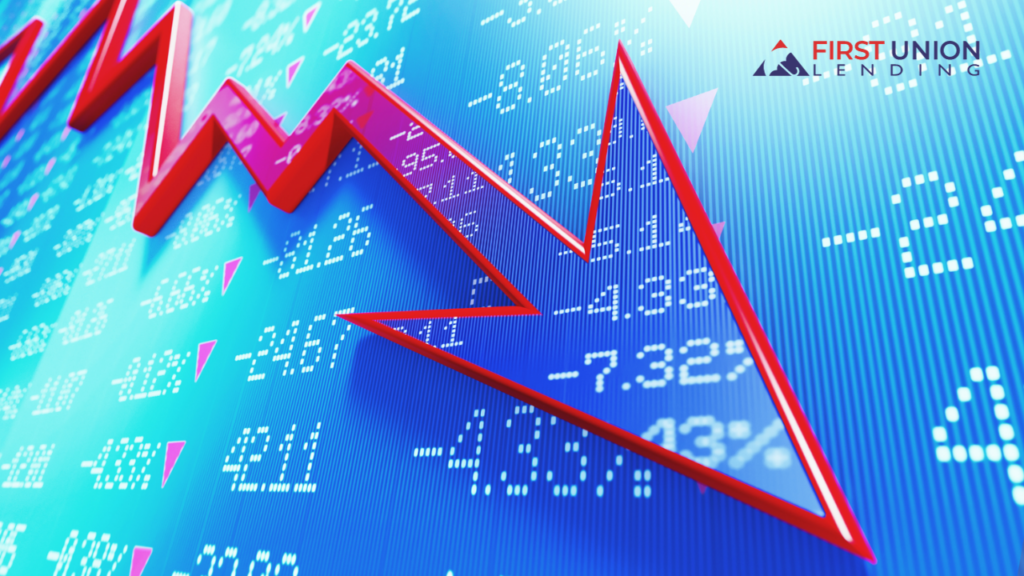
The New Narrative
The financial markets are experiencing a shift, not the typical kind where one asset class fractures and gives way, but a shift in the narrative that has far-reaching implications. The narrative where the Federal Reserve keeps interest rates low, and Wall Street reaps the benefits is changing.
The new narrative is one where rates are expected to stay higher for longer, a concept that the Fed has been trying to instill in the market, and investors are only now beginning to grasp. This shift has caused significant discomfort on Wall Street, with major averages dropping sharply and Treasury yields surging to their highest levels in 16 years.
The Impact of Rising Rates
The rate rise is particularly ominous as corporate America heads into the third-quarter earnings reporting season. The cost of capital is increasing, and companies will have to refinance at a higher rate. This change is causing a stir in the market as it struggles to assimilate and digest the new reality.
Economic and Inflation Concerns
The market’s concerns are not just limited to the rising rates. There are also worries about the economy and inflation. The sudden increase in job openings in August, contrary to the belief that the employment situation was easing, has put more upward pressure on wages. This has led traders to fear that the central bank must keep monetary policy tight.
The Trouble for Financials
Banks are at the forefront of the sectors facing substantial interest rate risk. The high-profile failure of a few banks earlier this year that had accumulated too much long-duration government debt has sent shockwaves through the sector.
The Consumer Squeeze and Washington Dysfunction
Consumers also feel the pinch of higher rates on everything from mortgages to credit cards to personal loans. At the same time, Washington’s dysfunction has bond buyers worried about the U.S. fiscal situation, with public debt at nearly 120% of gross domestic product.
The Potential Peak for Rates
For some, the rapid moves in market instruments have caused problems at hedge funds caught on the wrong side of the trade. Unless something changes quickly, a recession seems inevitable.
The Final Take
The financial markets are not in the best of health. The Fed has moved too far, too fast, and a reversal seems likely. A weak labor market or other signs of economic cracks could dissuade the Fed from further hikes and set the stage for lower rates.
